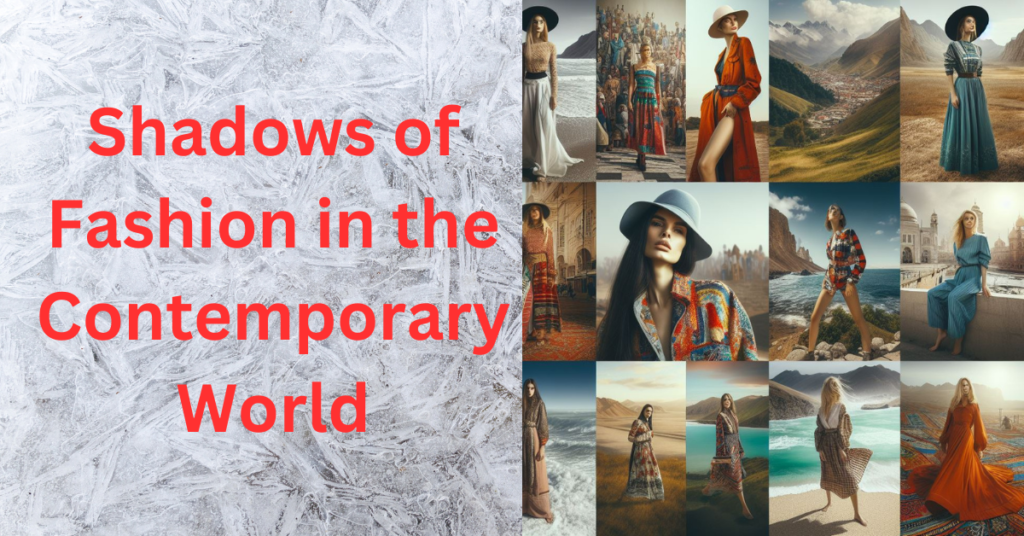Priyanka
“Happiness is less a noun and more a verb”
In the diverse colors of human emotions, happiness stands out as the elusive yet cherished jewel that we relentlessly pursue. What makes the pursuit of happiness such a fascinating journey is the intricate interplay of myriad of factors that contribute to this emotional state. Beyond the conventional wisdom of wealth and success, happiness unfurls its wings in the tapestry of relationships, self-fulfillment, and even the mundane joys of everyday life. The conventional narrative often posits material wealth as the harbinger of happiness, but the psychology of happiness is a far more nuanced dance. While financial stability undoubtedly plays a role, research consistently underscores the importance of social connections. The tapestry of happiness weaves itself through the warp of meaningful relationships, be it with friends, family, or a community. The human spirit finds solace and joy in shared laughter, empathetic conversations, and the warmth of genuine connections.
Cultural variations in the pursuit of happiness add a rich layer to this emotional canvas. Eastern philosophies, such as those rooted in Buddhism, emphasize the significance of inner peace and contentment, steering away from the relentless pursuit of external validation. In contrast, Western cultures often place a premium on individual achievement and personal goals. These diverse perspectives hint at the colourful nature of happiness, offering a myriad of paths to traverse on the journey to contentment. Being Happy is highly valued in all cultures and religions, for instance, we wish Happy Diwali, Happy Independence Day or Happy Birthday wishes. All these examples depict how we give importance to Happiness.

The pursuit of happiness is, at its core, a deeply personal quest, guided by individual values and perceptions. Some may find joy in the pursuit of passion and purpose, channeling creativity into a fulfilling vocation, while others seek solace in the simplicity of life’s small pleasures—a sunset, a cup of tea, or the embrace of a loved one. The very essence of happiness lies in this subjective tapestry, where each thread contributes to a unique pattern, a masterpiece crafted by the individual soul.
In the cacophony of societal expectations and cultural norms, it becomes imperative to carve out a space for personal authenticity. The pursuit of happiness should be a deliberate and conscious act, untethered from external pressures. It requires a reevaluation of societal definitions and a celebration of the idiosyncrasies that make each journey distinct. In this paradigm, happiness becomes a rebellion—an act of self-love and defiance against a world that often dictates predefined notions of success.
Thus, When we live in a noisy world full of social and cultural demands, it is important to find a way to be true to ourselves. The pursuit of happiness should be a choice that we make intentionally, not something that we are forced to do by others. It requires us to question the common ideas of what happiness means and to appreciate the differences that make each of us unique. In this way, happiness becomes a form of resistance—an expression of self-care and courage against a world that often imposes fixed standards of success.
As we navigate the labyrinth of our emotions, let us remember that happiness is not a static destination but a dynamic process. It is the symphony of laughter, the melody of shared experiences, and the harmony of self-discovery. Embracing the unique hues of our individual narratives, we can redefine the pursuit of happiness as an art form, a canvas awaiting the strokes of our passions, relationships, and authenticity. In this pursuit, happiness transcends a mere emotion; it becomes a masterpiece painted with the colors of our souls.
The views and opinions expressed by the authors in this article are their personal opinions and do not represent the views of PureSociology. You can contact the author/s at [email protected]. The details of the authors are:
Ms. Priyanka is an Assistant Professor, Department of Psychology, Chandigarh University, Mohali, Punjab


